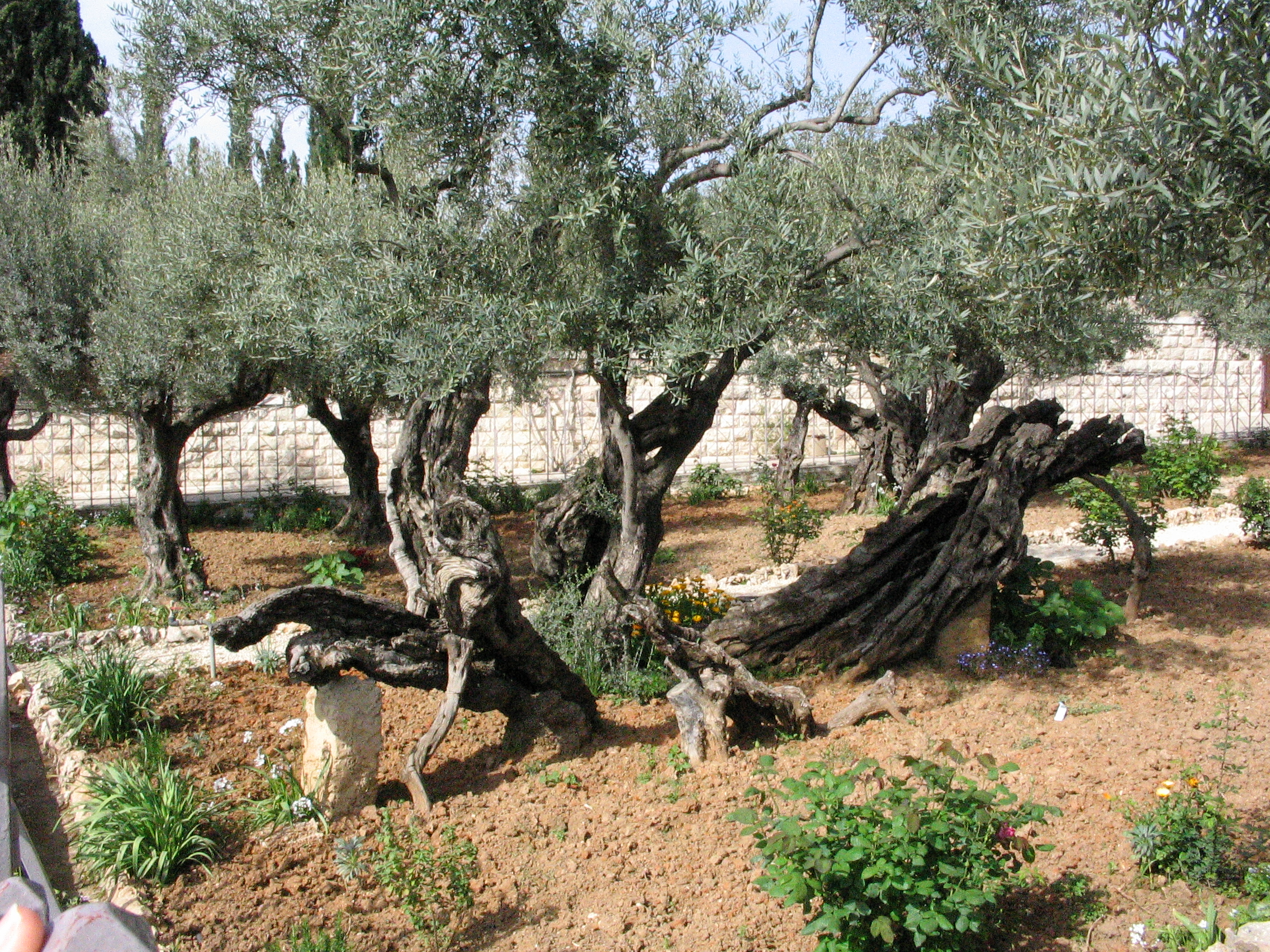The above image, courtesy of Gary Asperschlager, shows olive trees growing near the Church of All Nations on the Mount of Olives. Revised: 19-Apr-13How did a Jew in Jesus’ time announce that he was the Messiah? One accomplished this by applying to himself words or phrases from Scripture that were interpreted by members of his community to be references to the coming Messiah. Being interpretations rather than direct references, such messianic allusions are extremely subtle, and easily missed by modern readers of ancient Jewish literature. Claimants certainly did not reveal themselves by simply declaring, “I am the Messiah,”Even today a Jew who believes he is the Messiah never says, “I am the Messiah,” but rather, a messianic pretender refers to himself using words or phrases from scripture texts that have been interpreted messianically.
“Showing Proper Humility” complex

If so, then the author of Luke simply regarded Jesus’ warning as an enigmatic saying for which he provided no interpretation…. — wp:paragraph –>
Robert Lindsey’s approach to the Synoptic Problem opens up new avenues for understanding Jesus’ enigmatic warning.
Sensational New Articles at JerusalemPerspective.com!
The first, for example, “Jesus and the Enigmatic ‘Green Tree,'” is a study of Jesus’ saying, “For if they do these things in a green tree, what shall be done in the dry?”
Hebrew Nuggets, Lesson 24: Messiah (Part 2)

Jesus also referred to himself using the messianic title “Green Tree” (Luke 23:31), a reference to Ezek. 20:47 (see David Bivin, “Jesus and the Enigmatic ‘Green Tree'”).
Salted with Fire

— wp:paragraph {“dropCap”:true} –>
Among the difficult sayings of Jesus, Mark 9:49 is one of the most enigmatic: Πᾶς γὰρ πυρὶ ἁλισθήσεται (pas gar pū⋅RI ha⋅lis⋅THĒ⋅se⋅tai, “Everyone will be salted with fire”).
If Your Eye Be Single

— wp:paragraph –>
The sense given to the enigmatic phrase by scholars to read “good eye” corresponds with the phrase in the following verse, “If your eye evil” (i.e., greedy).
The Sabbath Was Made for Man
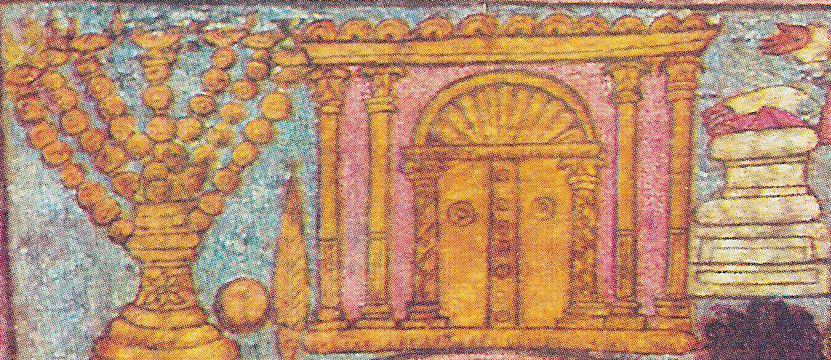
Instead, the enigmatic title—son of man—on this occasion possesses the simple Hebraic sense, “human being,” and refers to his disciples as representatives of humanity.
“Prophets and Kings”: The Evangelist Luke’s Curious Doublet

Revised: 02-Jul-2013
Luke’s use of “kings” (Luke 10:24) opposite Matthew’s parallel “righteous persons” (Matt. 13:17) creates a conundrum. Assuming that a Hebrew text lies underneath the Greek text of Luke 10:24 may allow us to arrive at a satisfactory solution to the problem.
In a beautiful statement that probably referred to the Kingdom of Heaven, Jesus proclaimed to his disciples, according to Luke, that “many prophets and kings” desired to see and hear what they (his disciples) are seeing and hearing. Matthew preserves the same saying, but in Matthew’s account the doublet is, “prophets and righteous persons.”The saying appears only twice in the Gospels (Matt. 13:16-17; Luke 10:23-24).
The Teaching of Balaam
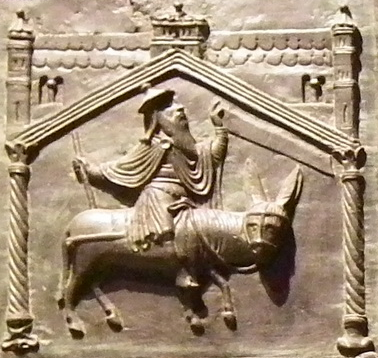
— wp:paragraph –>
For our limited study, I am particularly interested in the thrust of the author’s rebuke and the enigmatic reference to “the teaching of Balaam,” which seems to be derived from the author’s understanding of the Moabite prophet’s instruction to Balak.
Matthew 2:1-23: A Nazorean Shall Be Called

— wp:paragraph –>
Most modern readers assume that the enigmatic epithet is somehow related to the name of the Galilean village because of the similarities in their spelling, i.e.
Cataloging the Gospels’ Hebraisms: Part Three (Impersonal “They”)

An example I discussed in my “Jesus and the Enigmatic ‘Green Tree'” is: “Ιf in the green tree these things they do….”
The “How Much More” Rabbinic Principle of Interpretation in the Teaching of Jesus
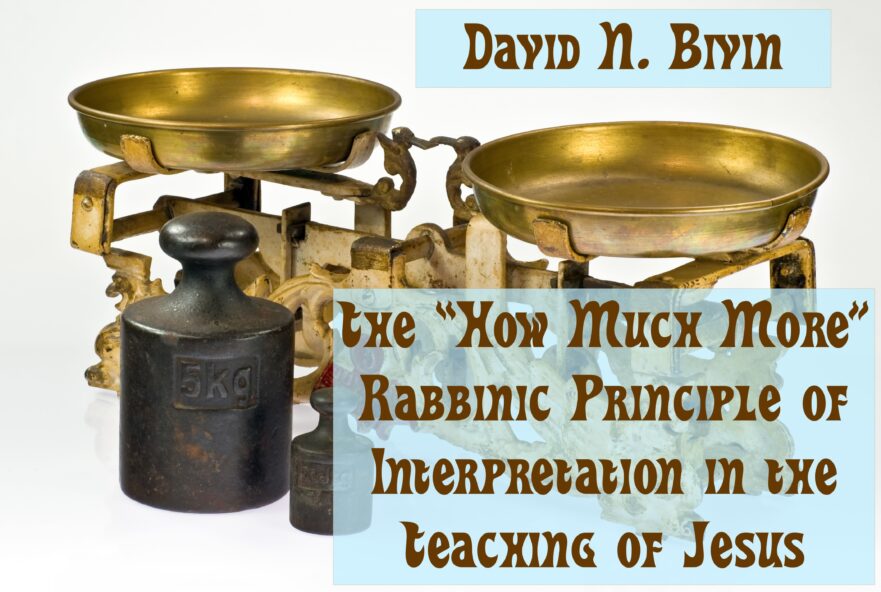
Revised: 25-Sept-12
Throughout the history of Judaism, the Torah has been investigated and analyzed by means of various rules of interpretation. These hermeneutic (interpretative) principles are statements of deductive reasoning.
A Body, Vultures and the Son of Man (Luke 17:37)
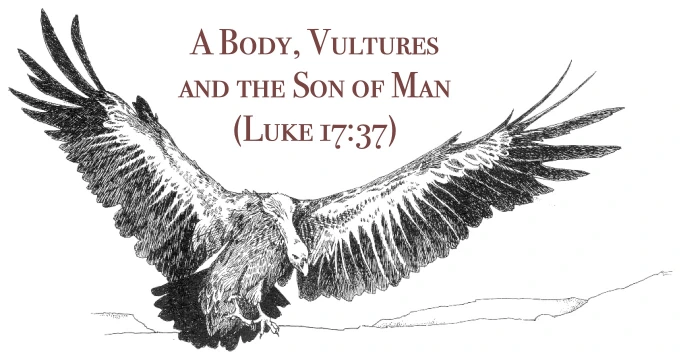
— wp:paragraph {“dropCap”:true} –>
Luke 17:37b, ὅπου τὸ σῶμα ἐκεῖ καὶ οἱ ἀετοὶ ἐπισυναχθήσονται (“wheresoever the body is, thither will the eagles be gathered together”; KJV),Matthew’s parallel is: ὅπου ἐὰν ᾖ τὸ πτῶμα ἐκεῖ συναχθήσονται οἱ ἀετοί (wherever there may be the corpse, there will be gathered the eagles; Matt 24:28)is certainly one of the most enigmatic of Jesus’ sayings.
Insulting God’s High Priest

Nevertheless, this is exactly the course we will pursue in finding the most cogent explanation for Paul’s enigmatic words.
Cataloging the Gospels’ Hebraisms: Part Five (Parallelism)

See Bivin, “Jesus and the Enigmatic ‘Green Tree.'”
Did Jesus Save the Life of an Adulteress?
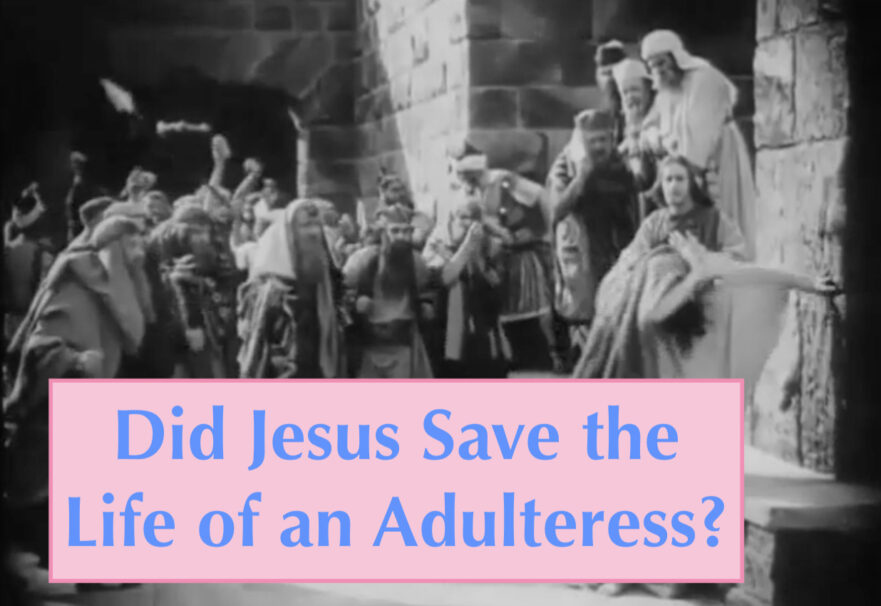
How to cite this article: Guido Baltes, “Did Jesus Save the Life of an Adulteress?” Jerusalem Perspective (2021) .
- Page 1 of 2
- 1
- 2

